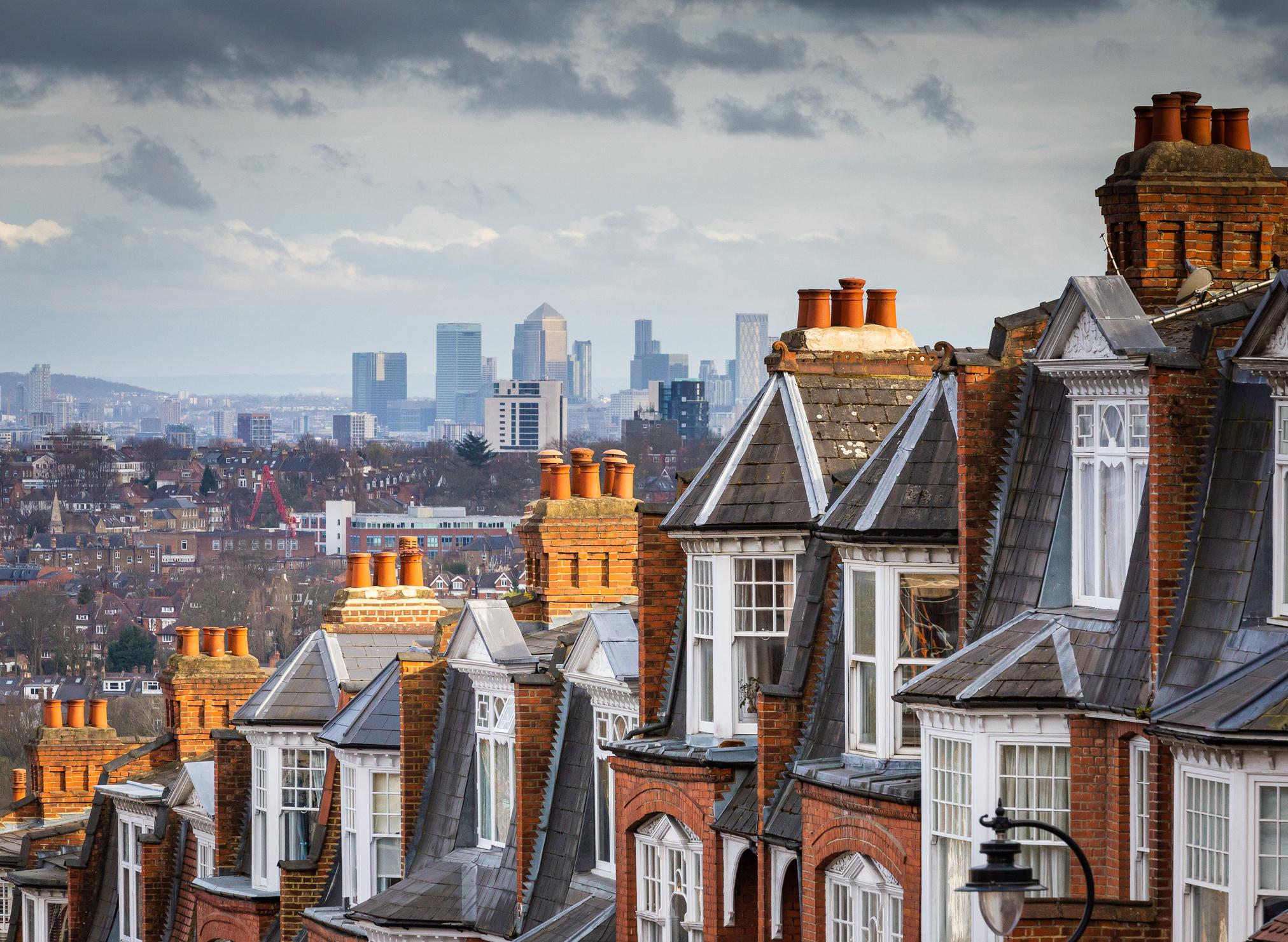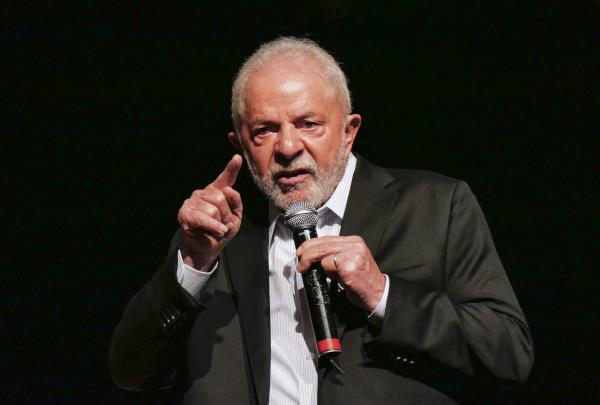House prices may soon leap above the weather as the number one topic of conversation, but for all the wrong reasons.
The housing market has been on a great run since the pandemic caused people to seek, and place more value, on more living space. In the two years since July 2020, house prices rose by 24%. That’s almost double the 13% increase in the prices households paid for items in the shops over the same period.
But data released by Nationwide Building Society on Tuesday showed that things were changing. The 0.9% fall in house prices in the month of October was the first decline since a fleeting drop in July 2021. It meant that the average house price declined by £4,000 in October, from £272,000 to £268,000.
This is just the beginning too. My colleagues at Capital Economics who spend all day analysing the housing market think that prices across the country will decline by around 12% over the next 18 months. They are forecasting a slightly bigger fall of 15% in London.
Such a decline at the national level would be smaller than the 20% drops endured during the housing crash of 1989-92 and after the Global Financial Crisis in 2007-09. But after stripping out the change in prices in other goods and services in the economy, the decline in “real terms” this time round will be similar to those previous slumps.
Admittedly, there has been very little change in the supply of homes or the number of people needing to be housed. And the imbalance between the low supply of housing and the high demand has contributed to the astounding 65% rise in house prices in the UK over the past decade.
But what has changed is the willingness and the ability of people to buy a house, with the ability now being constrained by the recent surge in mortgage rates. That was partly due to the “mini-budget” policies of the previous Prime Minister/Chancellor combo of Truss and Kwarteng, which the current pairing of Sunak and Hunt have already reversed. But it was also due to a growing realisation that borrowing costs for both businesses and households need to be higher to reduce inflation from 10% back to the 2% target.
Quoted mortgage rates have risen from 1.5% or so at the start of the year to around 5%. Rates have started to fall back a bit in the past couple of weeks. But even if they were to fall back to 4%, that would still significantly reduce the size of the mortgage the average buyer could secure.
For example, at a mortgage rate of 1.5%, a household that was willing and able to spend £1,500 a month on mortgage repayments would have been able to borrow £375,000. At a mortgage rate of 4.0%, monthly repayments of £1,500 would permit a mortgage of £284,000, a 24% decline. The percentage decline in the possible purchase price isn’t quite as big after taking into account the deposit. But the key point is that higher mortgage rates have significantly reduced the amount prospective buyers can pay for a house.
All this means the next 18 months aren’t going to be nice to homeowners, particularly those who have recently purchased a property that is now falling in price (although as long as they had a 20% deposit they should avoid negative equity) and those whose fixed rate mortgage will expire in the next year or so.
But falling house prices are good news for those who have yet to take their first step onto the housing ladder. Lower prices will bring buying within reach for some. That said, some potential buyers may need to wait for mortgage rates to fall back further. And in the meantime, would-be-buyers may have to endure further rises in their rents as the housing downturn will boost demand for rented properties.
Overall, falling house prices will add to the present woes caused by high inflation and higher interest rates and the future woes of austerity. At least we can always talk about the weather.
A version of this report was originally published in the Evening Standard on 4th November, 2022.




